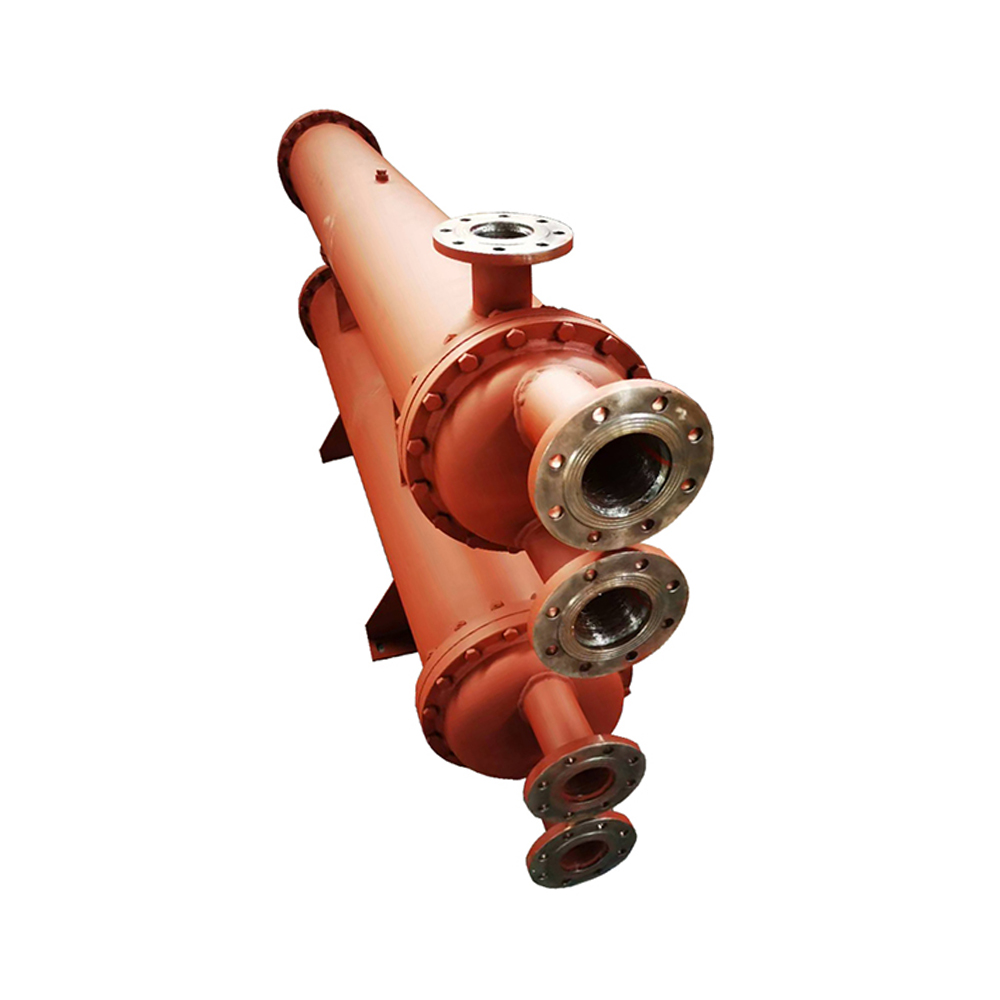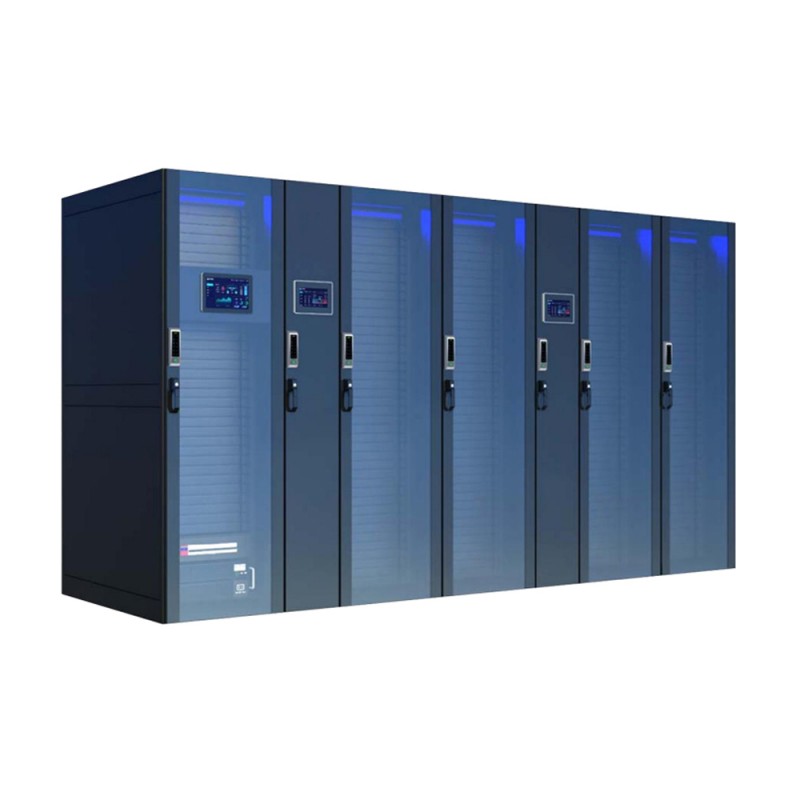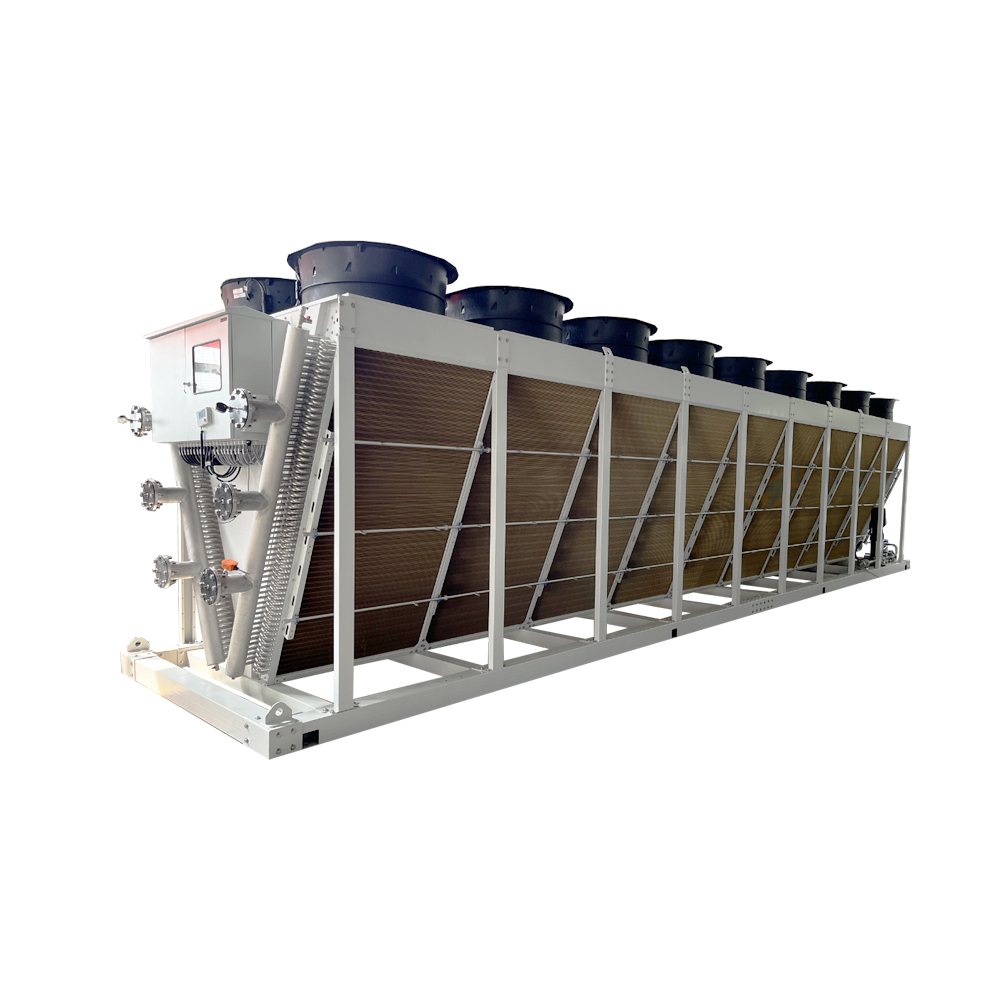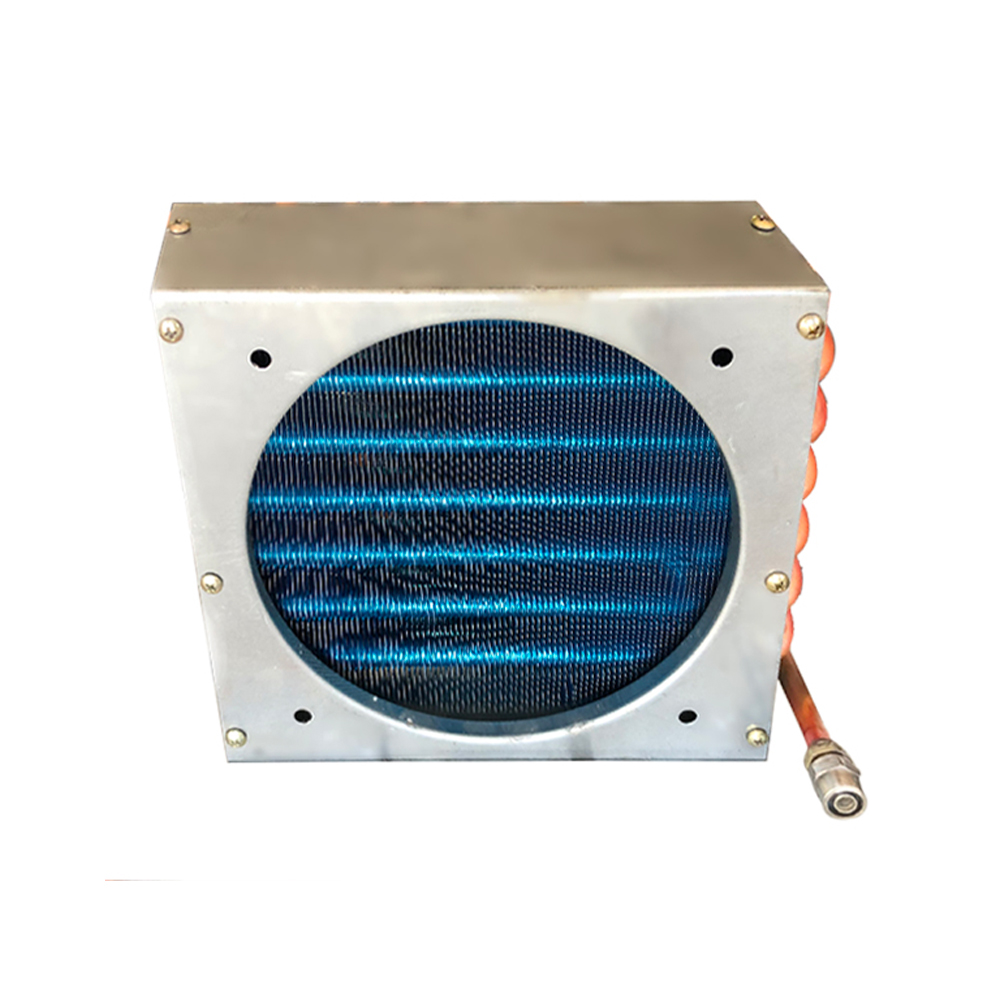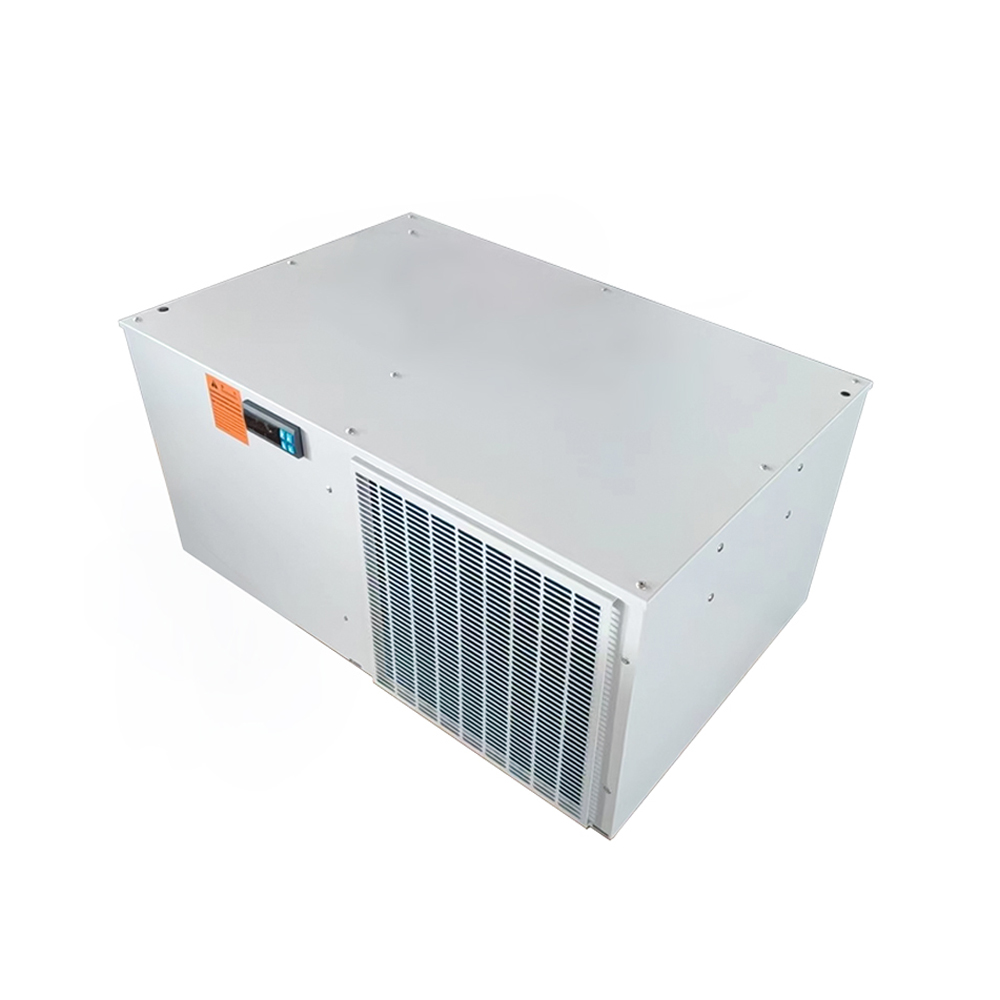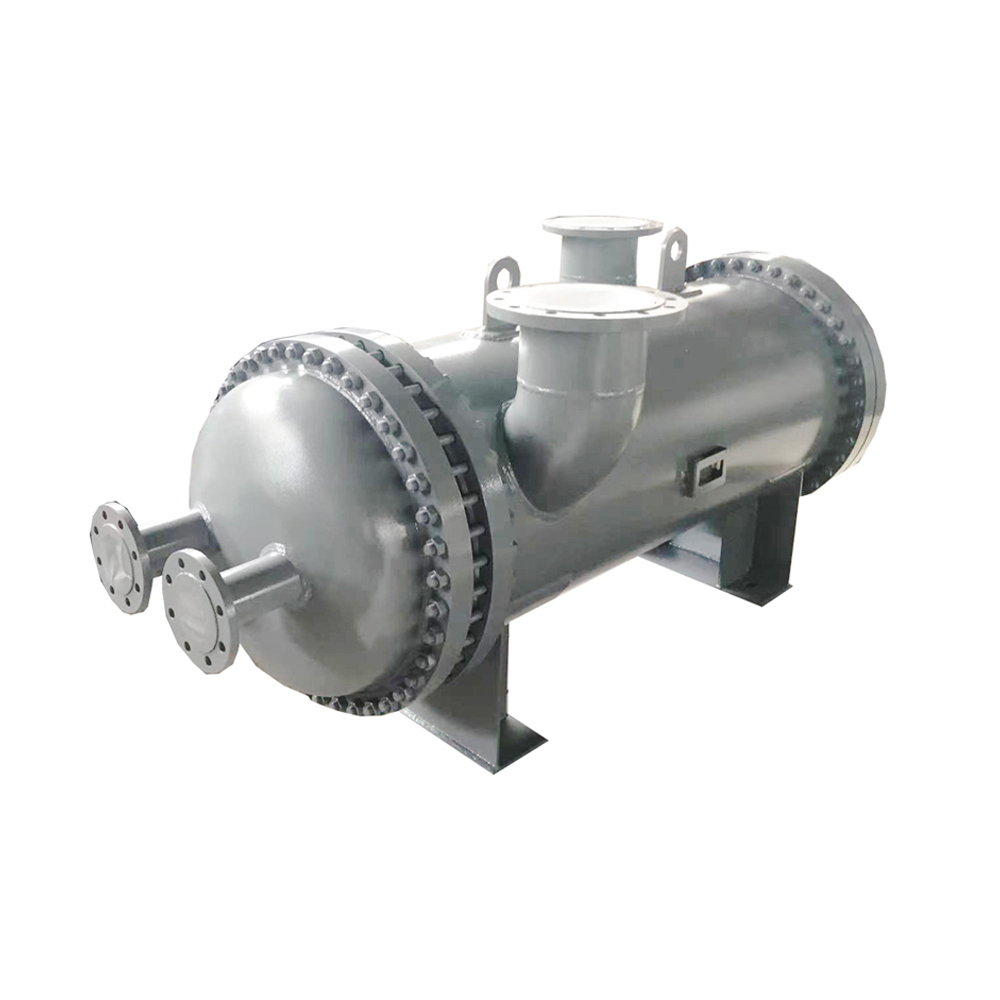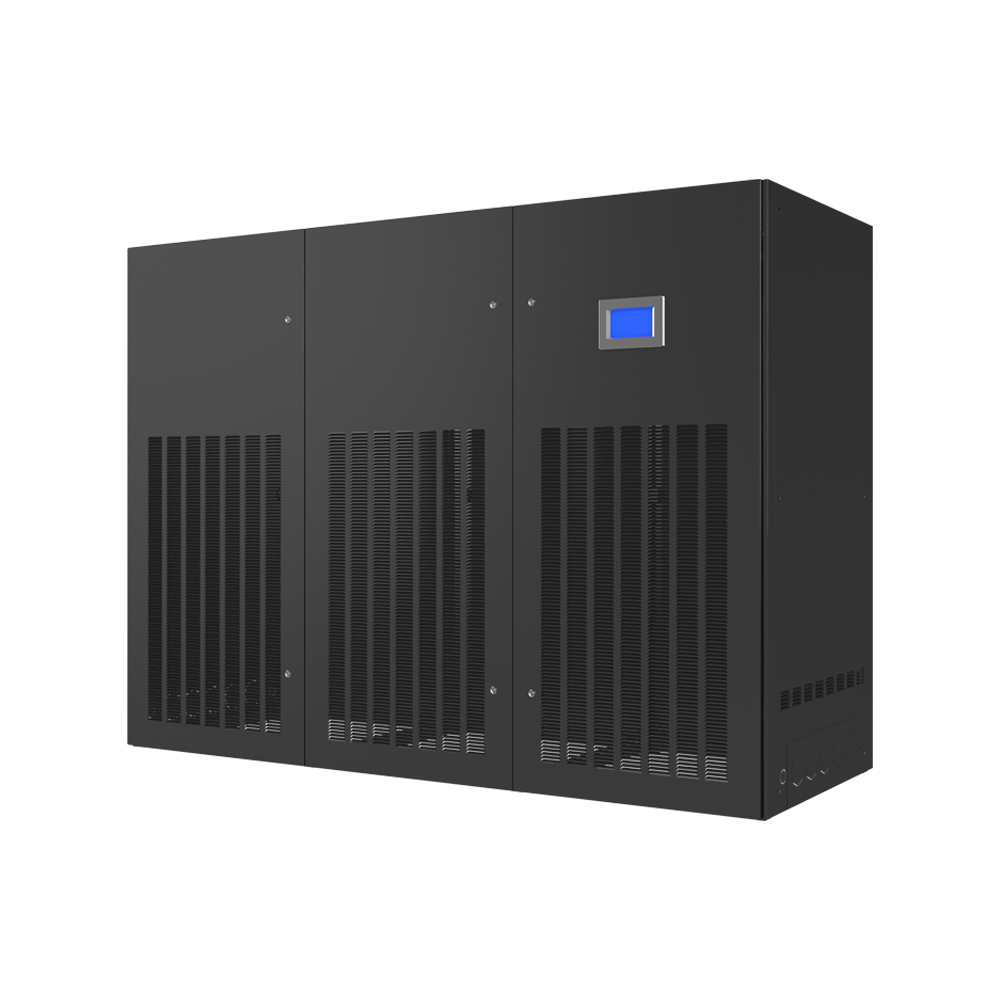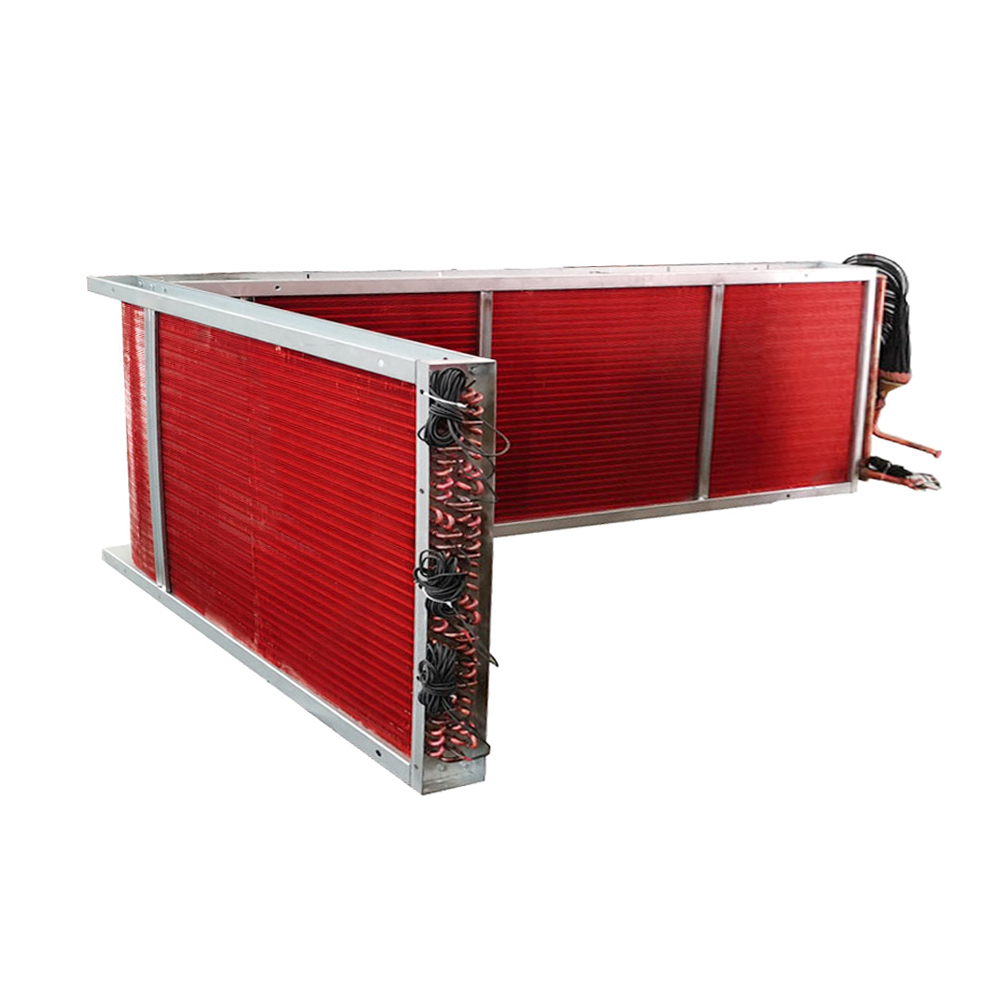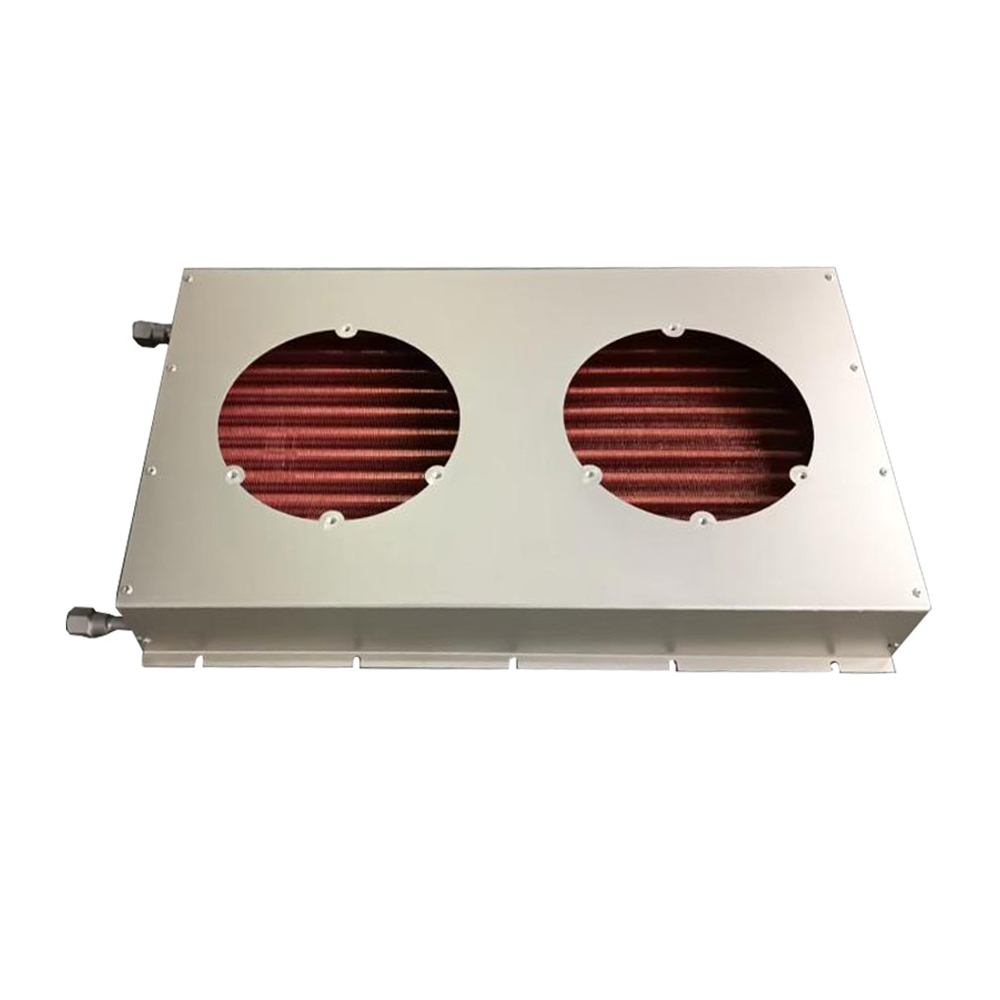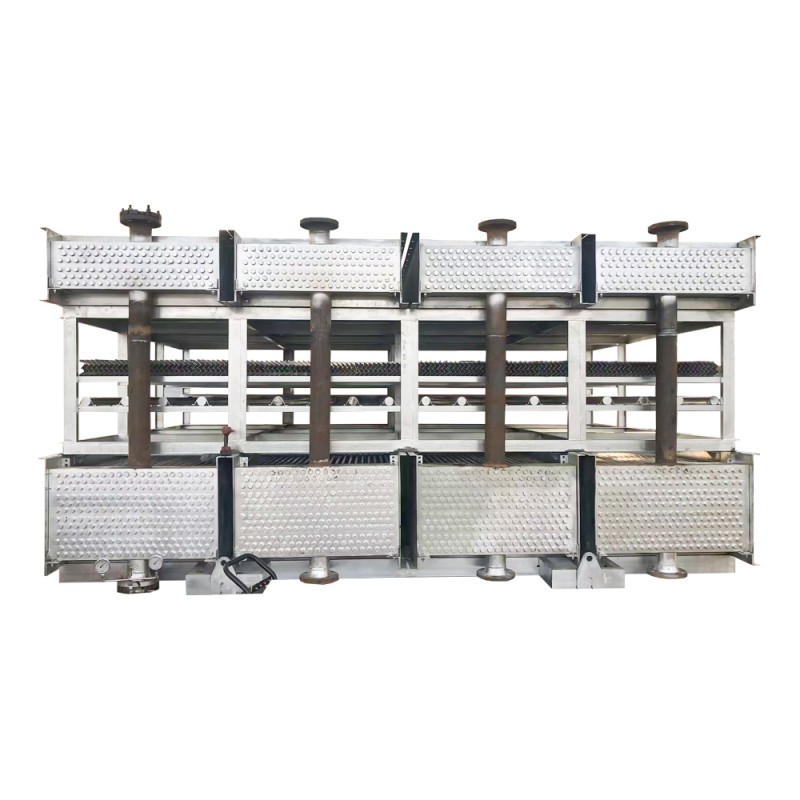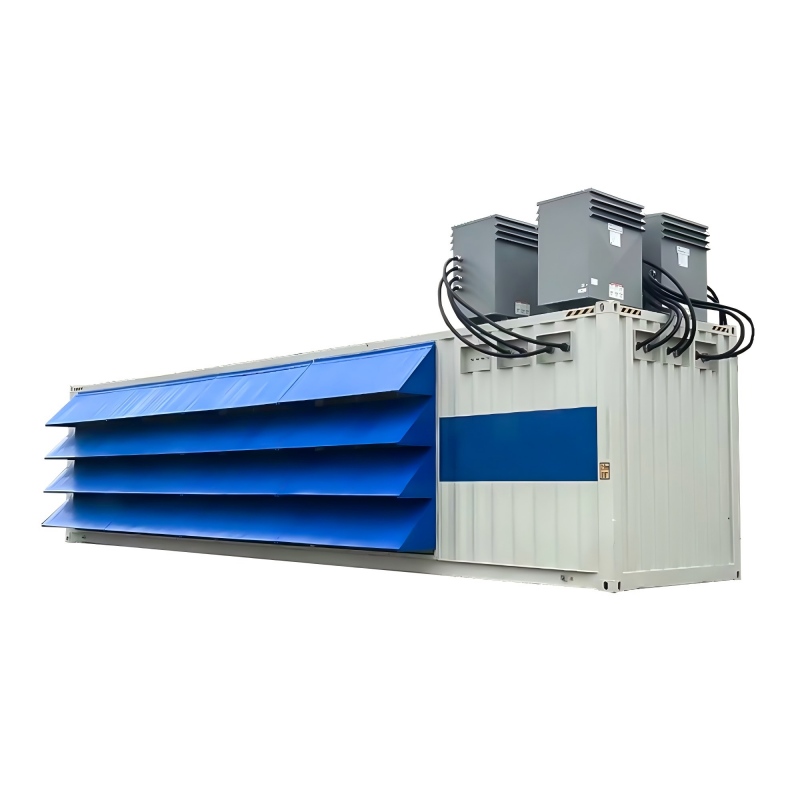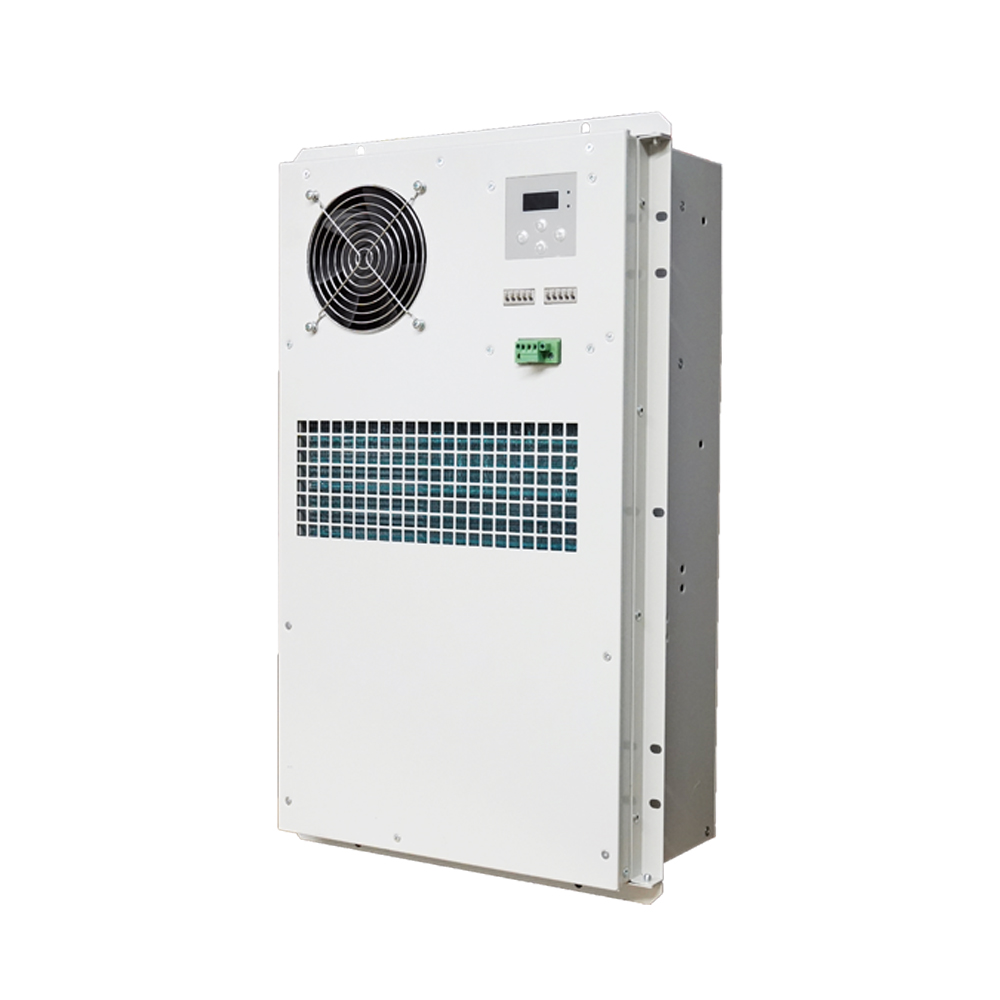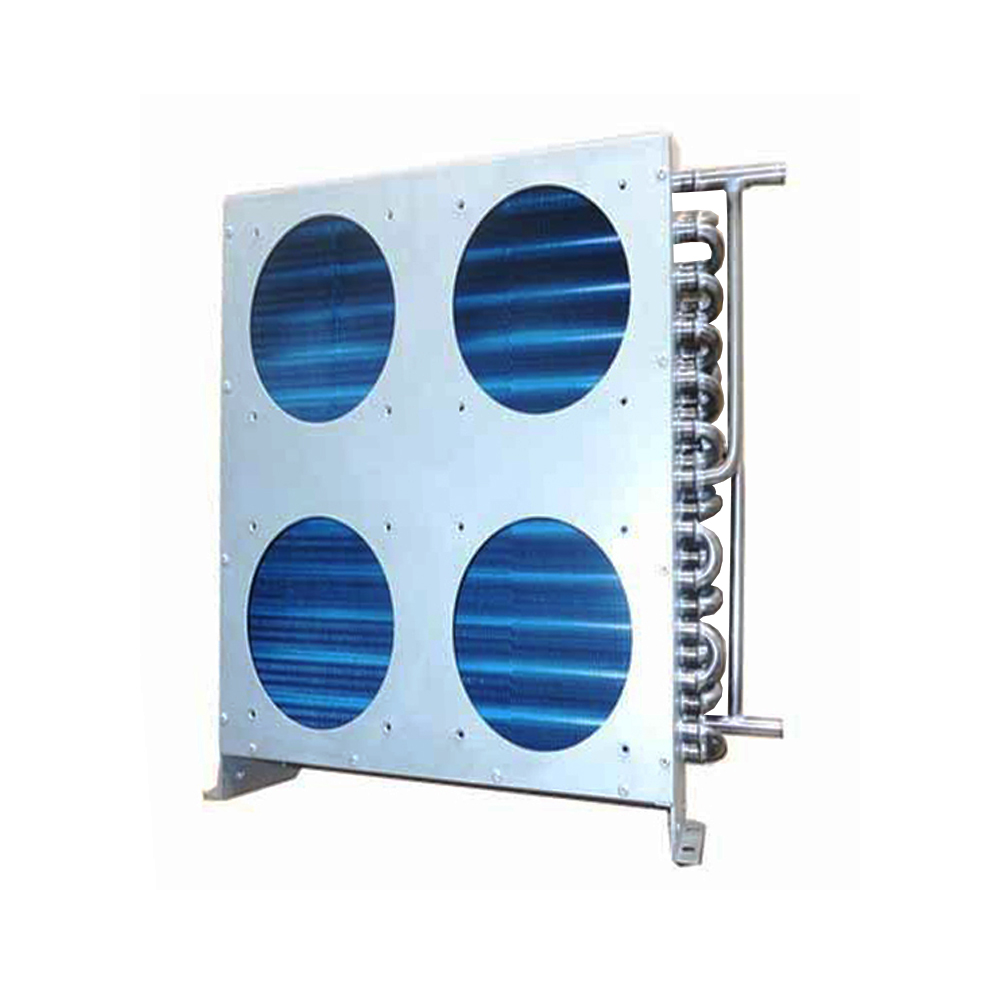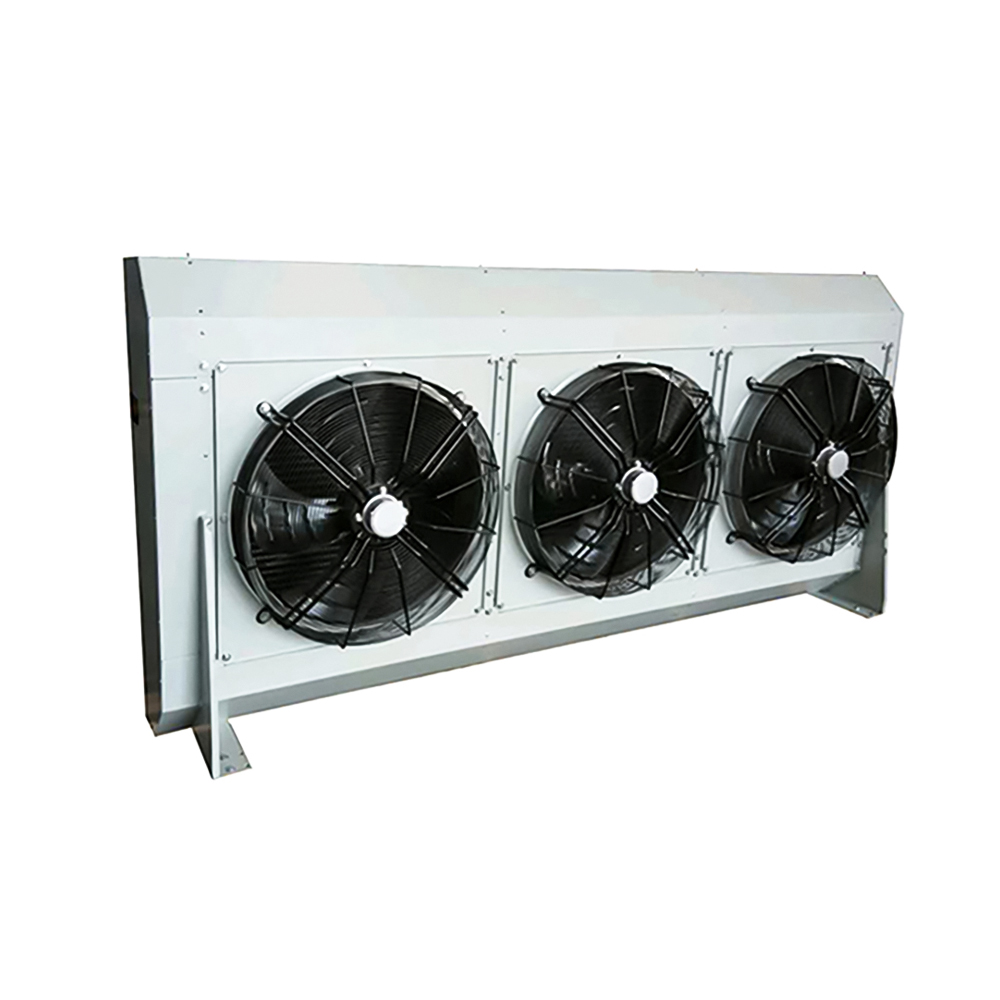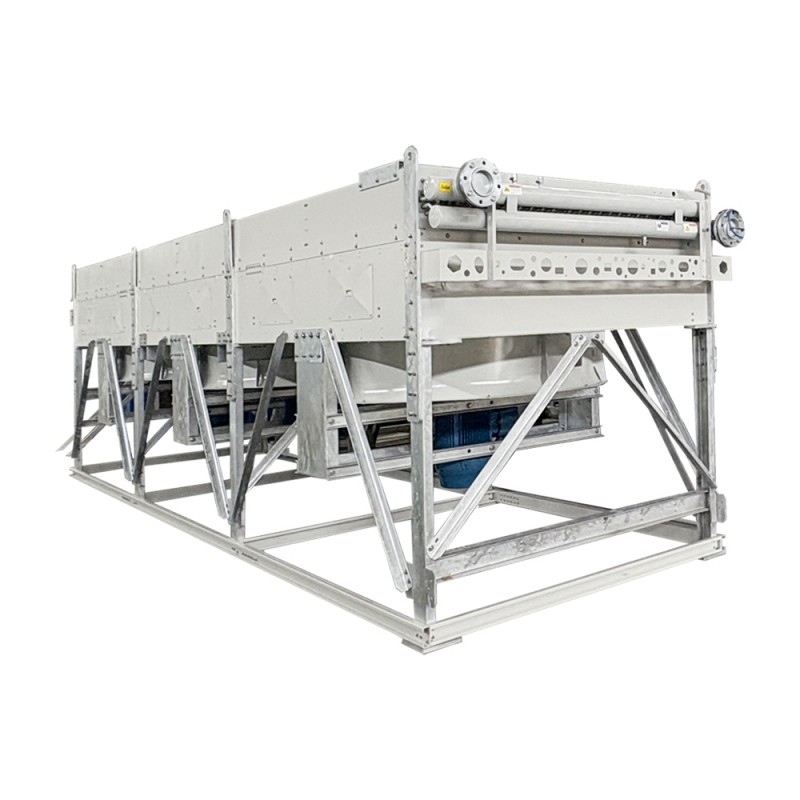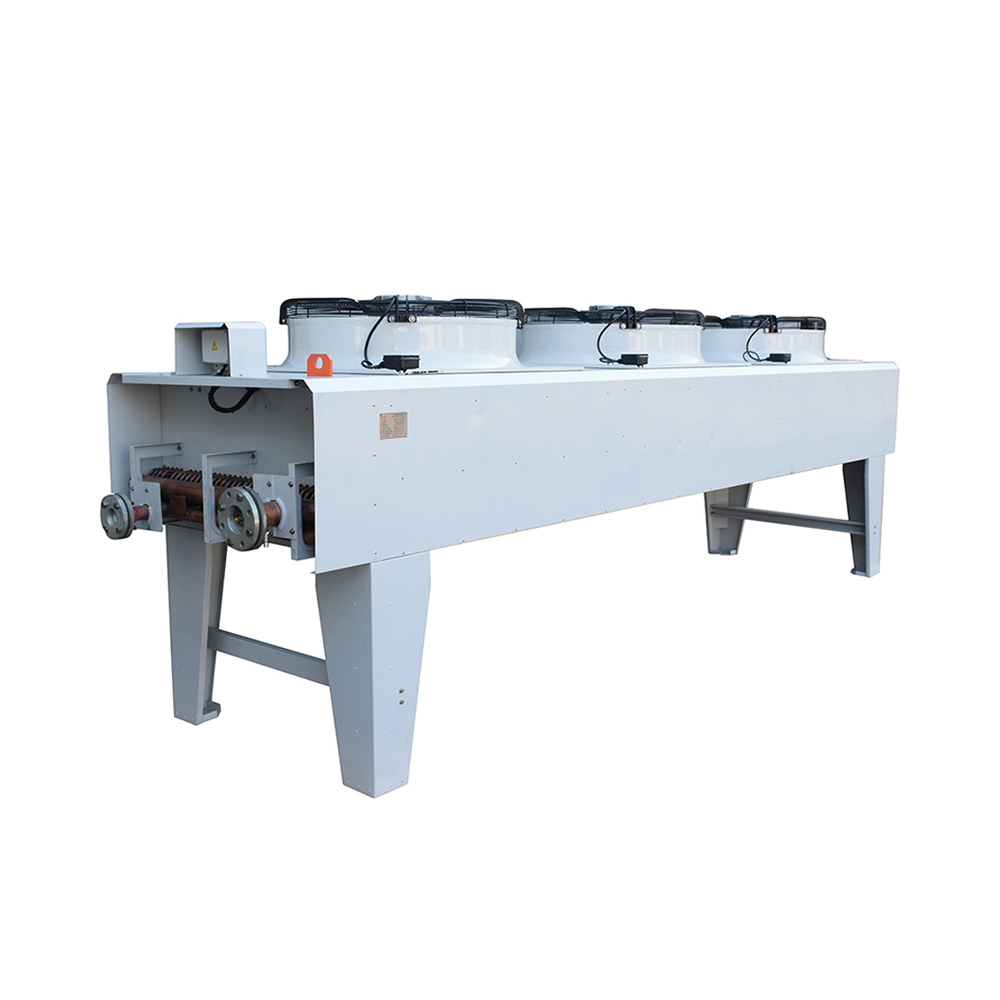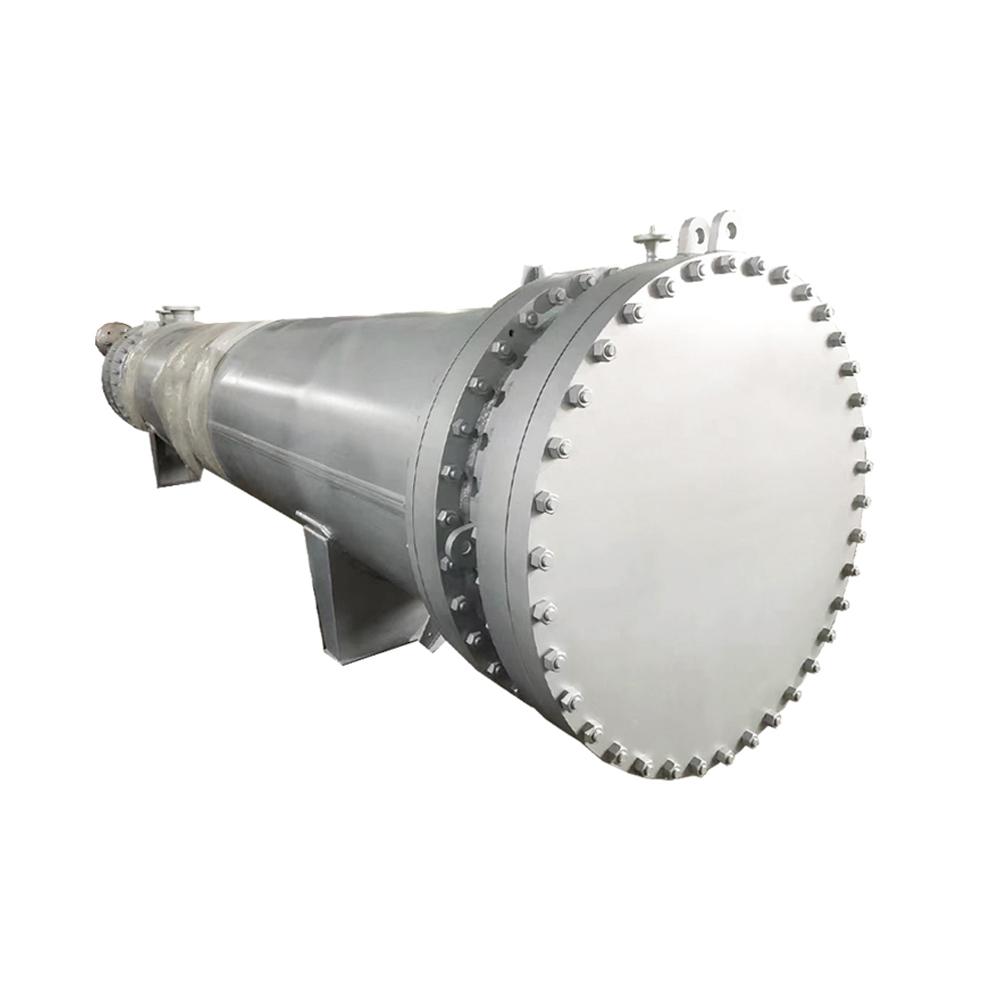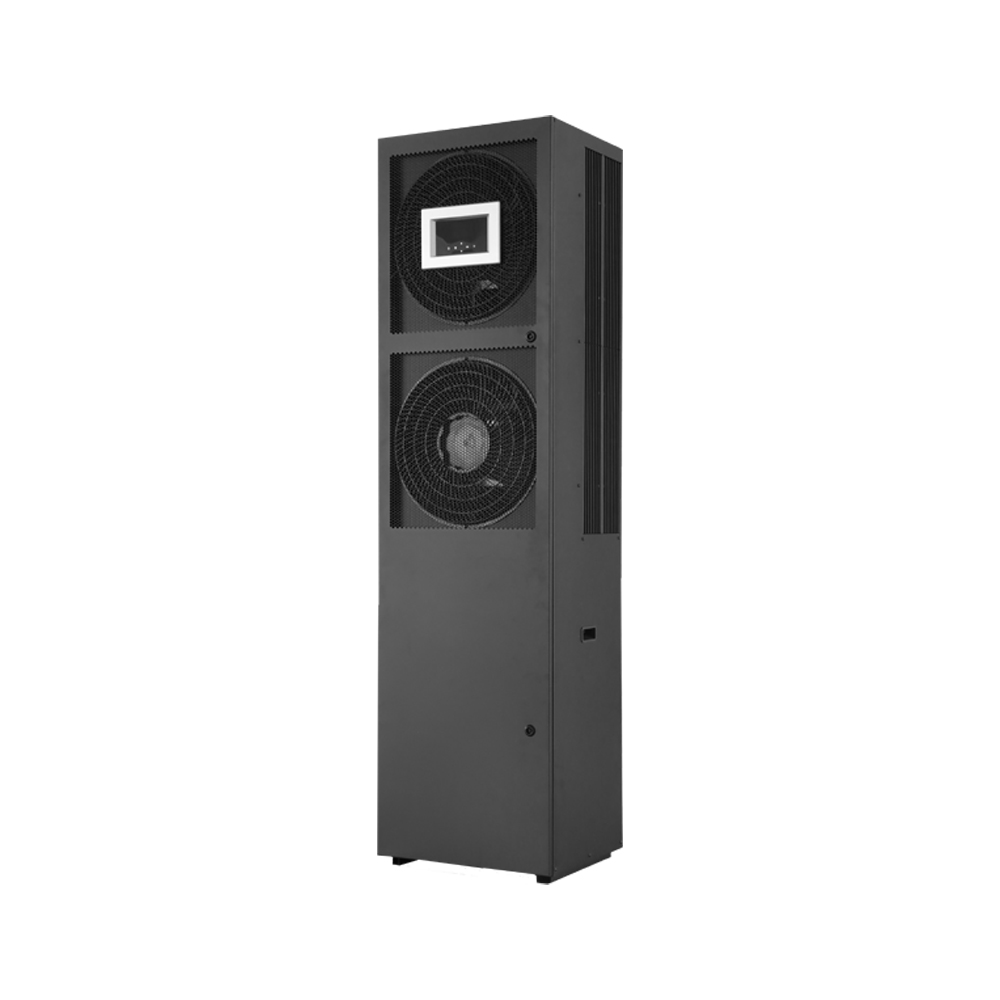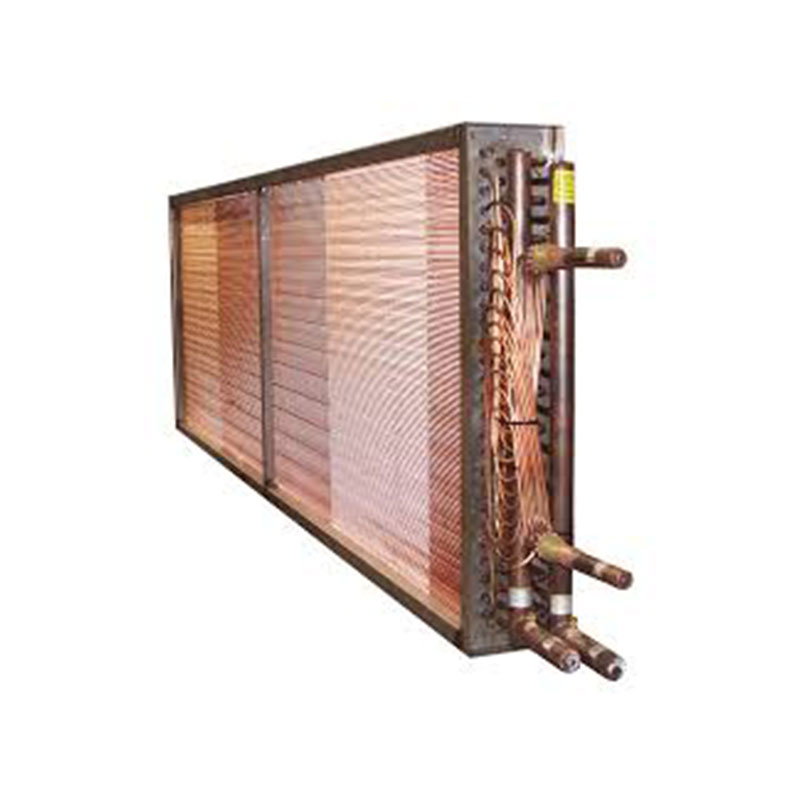This comprehensive guide helps businesses navigate the complex world of OEM AHUs (air handling units) and HVAC (heating, ventilation, and air conditioning) suppliers. We'll explore key considerations for selecting the ideal partner to meet your specific needs, ensuring optimal performance and cost-effectiveness. Discover how to assess different suppliers, understand key specifications, and make informed decisions about your OEM AHU HVAC supplier.
Understanding Your HVAC Needs
Defining Your Requirements
Before embarking on your search for an OEM AHU HVAC supplier, clearly define your project requirements. Consider factors such as the building's size, intended use, climate, energy efficiency targets, and budget constraints. Accurate specifications are paramount for selecting the appropriate AHU and ensuring seamless integration.
Capacity and Performance
AHU capacity is measured in CFM (cubic feet per minute) and is crucial for effective climate control. Your chosen OEM AHU HVAC supplier should help determine the necessary capacity based on your building's volume and thermal load calculations. Performance metrics such as energy efficiency (measured by SEER and EER ratings) are also key factors to consider.
Evaluating Potential OEM AHU HVAC Suppliers
Experience and Reputation
Research potential suppliers thoroughly. Look for companies with a proven track record in delivering high-quality AHUs and providing excellent customer service. Check online reviews, testimonials, and industry certifications. A long-standing reputation indicates reliability and expertise. Consider seeking recommendations from other businesses in your industry.
Manufacturing Capabilities and Quality Control
Investigate the supplier's manufacturing processes and quality control measures. Do they utilize advanced technologies? Do they adhere to industry standards and certifications (e.g., ISO 9001)? Understanding their manufacturing capabilities will help ensure you receive a robust and reliable AHU. Consider visiting their facilities if possible.
Customization and Flexibility
Many projects require customized AHUs to meet specific needs. Choose an OEM AHU HVAC supplier that offers flexibility in design and manufacturing, allowing for modifications to size, features, and performance specifications. This adaptability is crucial for optimal integration and performance.
Key Features to Consider in OEM AHUs
Energy Efficiency
Energy-efficient AHUs translate to lower operating costs and a smaller environmental footprint. Look for AHUs with high SEER and EER ratings, as well as features such as variable-speed drives and economizers. These features can significantly reduce energy consumption.
Noise Levels
The noise level of an AHU is an important consideration, especially in occupied spaces. Ensure your chosen OEM AHU HVAC supplier provides specifications on sound levels (measured in dB). Noise reduction features, such as sound dampeners and insulated enclosures, should be considered.
Controls and Integration
Modern AHUs often integrate with building management systems (BMS). Ensure the chosen system offers seamless integration with your existing infrastructure or planned upgrades. This allows for centralized control and monitoring of your HVAC system.
Choosing the Right Partner: A Practical Approach
Selecting the right OEM AHU HVAC supplier is a critical decision impacting your project's success and long-term cost-effectiveness. Thorough research, careful evaluation, and clear communication are crucial. Remember to prioritize quality, reliability, and a supplier that aligns with your project’s specific needs.
For businesses looking for high-quality, customized HVAC solutions, consider exploring options from reputable manufacturers like Shanghai SHENGLIN M&E Technology Co.,Ltd. They offer a range of OEM AHU solutions tailored to meet diverse requirements.
Comparison of Leading OEM AHU Suppliers (Example - Data needs to be replaced with real data)
| Supplier | Capacity Range (CFM) | SEER Rating | Customization Options |
| Supplier A | 500-5000 | 16 | High |
| Supplier B | | 18 | Medium |
| Supplier C | | 15 | Low |
Note: This table presents example data. Actual supplier specifications vary. Always refer to the manufacturer’s official website for the most up-to-date information.









